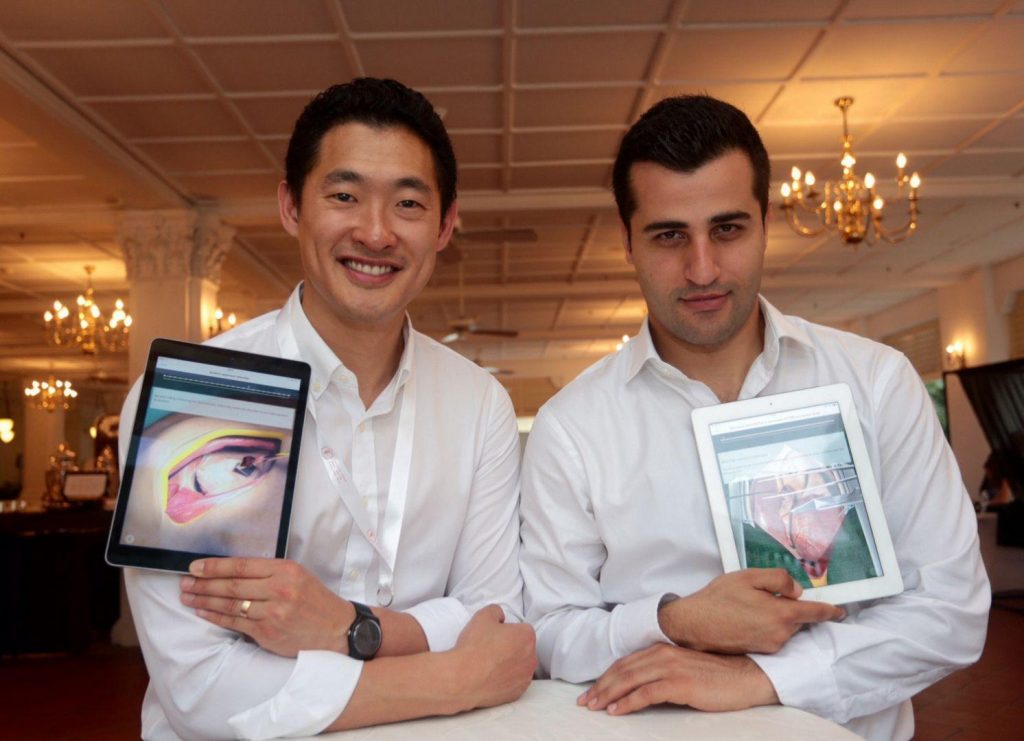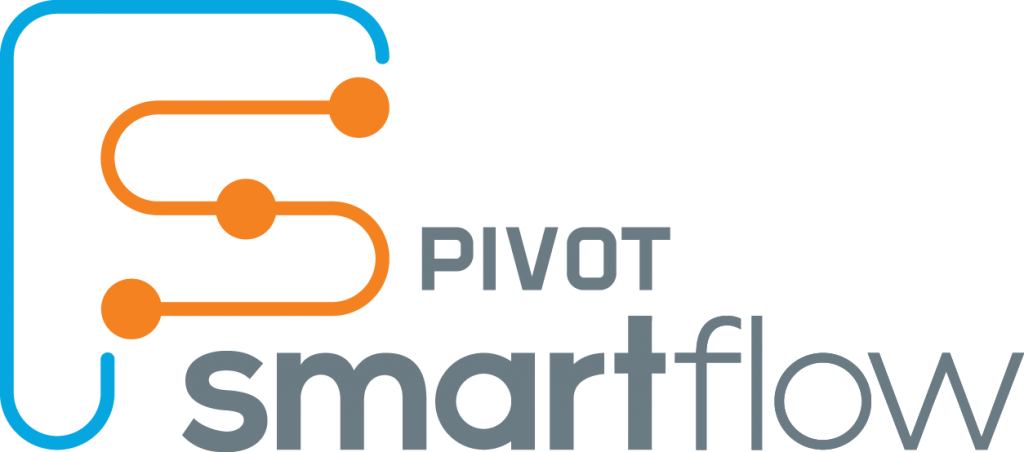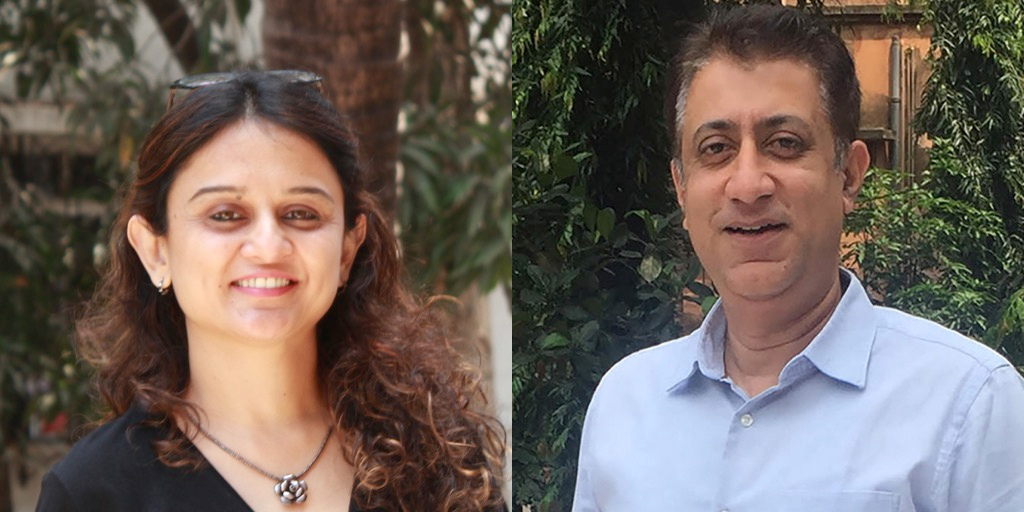Anthony Bakker, From banker to establish a software company that works for social good organizations.
There are an infinite number of software development companies all over the world, but how many are there that are working dedicatedly for social good organizations. Blackbaud is one such company that develops software only to serve the social good communities, like nonprofits, healthcare organizations, fundraisers, etc. The company promotes the idea of strengthening the social economy, and for that, it develops software that would be useful for communities that work for social welfare.
Blackbaud has been there for almost 40 years and has gone through a great growth transition. It started from building a small billing system for a school, and today it is producing similar but advanced cloud-based software. The company products include software for analytics, financial management, fundraising and relationship management, grant and award management, marketing and engagement, organizational and program management, payment services, and social responsibility, etc. Blackbaud also promotes philanthropy by encouraging its employees to join and volunteer in community services. It specifically offers paid vacations to its employees, so that they can volunteer with full heart in such services.
About Blackbaud
Blackbaud is a cloud computing provider and software publishing company founded in 1983, in New York. The company headquarters is based in South Carolina, United States, whereas it serves in about 60 countries, including England, Australia, and Canada, etc. Blackbaud is mainly known for its flagship software named Raiser’s Edge. It is a fundraising SQL database software used by many companies globally. Apart from that, the company builds software like Customer Relationship Management software, Marketing Campaign software, Fundraising as well as Finance and Accounting software, helping communities working for social good. Anthony Bakker is the founder of Blackbaud and Michael Gianoni is the current CEO of the company.

Founding Blackbaud
Anthony Bakker, the founder of Blackbaud, before founding the company worked as a banker. He first developed a billing system for a school, based in Manhattan, New York, in 1981. By 1982, the software became quite popular among a few other clients. This led Bakker to leave his job and start Blackbaud Microsystems in 1983. As a company, Blackbaud launched a student billing system as its first product. The famous Raiser’s Edge is the advanced version of the same student billing system by Blackbaud.
In the year 1989, Blackbaud shifted its headquarters from New York to South Carolina. The company then released its software for Windows 95 in 1995, raising the number of clients for it. The company also made some important acquisitions during the same time, including ACOMS, Master Systems Inc. as well as Master Software.
Blackbaud had its first IPO in 2004. It trades on Nasdaq with the symbol BLKB. Some more acquisitions took place in the further years, Campagne Associates (2006), eTapestry (2007), Target Analysis Group (2007), Target Software (2007), and Kintera (2008) being the most important ones among them. In the next decade, Blackbaud acquired names like Convio (2012), MicroEdge (2014), JustGiving (2017), Reeher (2018), YourCause (2019), etc. Blackbaud has been Forbes Most Innovative Growth Company multiple times.
The CEO at Blackbaud
Michael Gianoni is the current President and the CEO at Blackbaud. He grew an interest in engineering when he was in high school and attended a one-day engineering class. After graduating from high school, he opted for Electrical Engineering from Waterbury State Technical College in 1979. He then joined Charter Oak College to study business and received a master’s degree in Business Administration from the University of New Haven in 1992. He has also been awarded an Honorary Doctorate in Business Administration from the University of Haven in 2014.
Gianoni has worked in some big-name companies in prominent positions. He was the Senior Vice President of DST. He also served Fiserv for seven years as the President and the Group President. Gianoni joined Teradata as the Chair of the Board of Directors in 2015 and still continues to serve in the same position. In January 2014, Gianoni joined Blackbaud as the CEO.

Yashica is a Software Engineer turned Content Writer, who loves to write on social causes and expertise in writing technical stuff. She loves to watch movies and explore new places. She believes that you need to live once before you die. So experimenting with her life and career choices, she is trying to live her life to the fullest.




